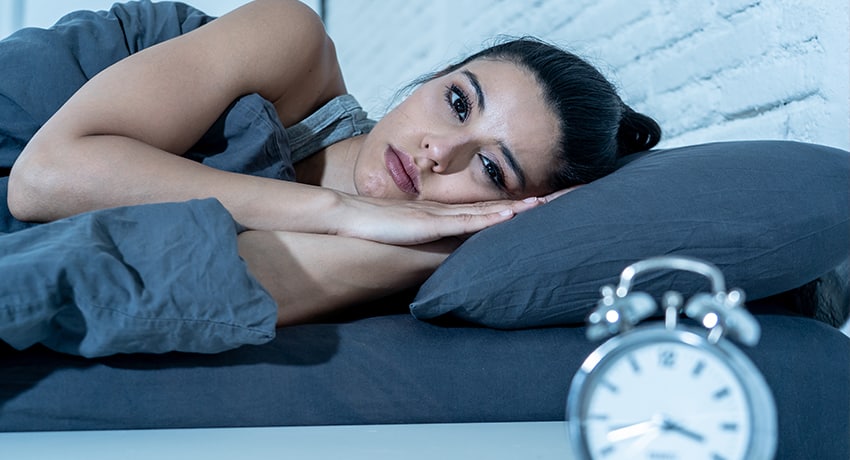A majority of Americans follow a morning and evening routine. It feels comfortable, predictable, and familiar. When something out of our control changes that pattern, it can feel like a minor annoyance or a major complication. It can affect each of us differently based on a number of factors such as our occupation, age, or underlying health issues. Justin L. Wong, MD, a sleep medicine specialist with UT Physicians and assistant professor at McGovern Medical School at UTHealth, shares his expertise and some of the best ways to prepare for the time change on November 3 that signals the end of daylight saving time.
What happens when our natural clock is interrupted?

Our internal body clock, also known as the circadian rhythm, controls our sleep/wake cycles. When a time change occurs, it impacts the amount of sleep we normally get. That interruption affects our alertness, memory, and reflexes. It can affect your work or school performance, mood, and even chronic medical conditions. Virtually every industry is affected by the time change. There is also correlating data that shows an increase in traffic accidents, and a negative effect on student test scores.
“For most adults, scientific research shows the impact of time change is not severe or sustained because it only happens twice a year, but we do know that short-term disturbances in sleep does decrease quality of life temporarily,” said Wong.
Who is affected the most by time change?
While the majority of people can adapt to a one-hour difference in their normal routine, younger children and those with sleep disorders, insomnia, mood disorders, or cognitive dysfunctions are not able to adjust as easily. People with more consistent schedules, as with a day shift job, adjust more quickly after the time change occurs.
“The acute change during the time change can amplify mood swings, irritability, insomnia, or sleepiness, depending on a person’s baseline sleep health, and the very young and very old may already have poor sleep,” said Wong.
What’s the best way to prepare?
“The best way to prepare for it is to just be aware of the time change. Many people don’t realize it’s coming until their coworkers remind them,” said Wong. “The second best way to adjust to the time change is to go to bed earlier or later, based on your schedule.”
Wong also recommends adjusting your environment such as lighting, sound, and temperature to help you fall asleep easier.
Medication is often not necessary to adjust to the time change. And, if you’re tempted to drink a glass of warm milk before bed, just be aware that waking up to use the restroom can disturb sleep, as well.
Dr. Justin Wong is a pulmonary and sleep medicine specialist. He sees patients for pulmonary and sleep disorders at UT Physicians Multispecialty – Sienna.


